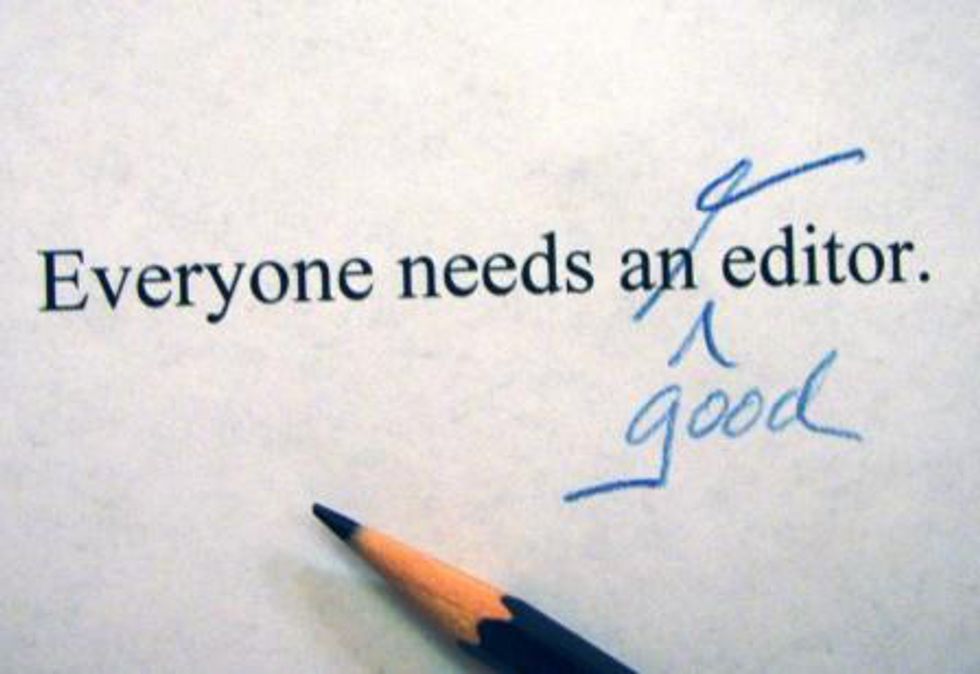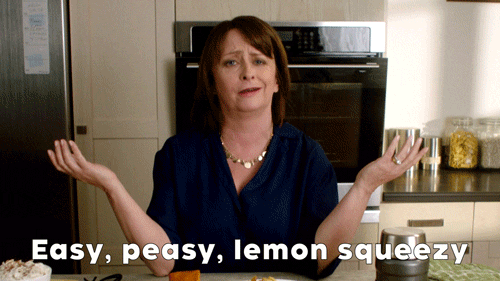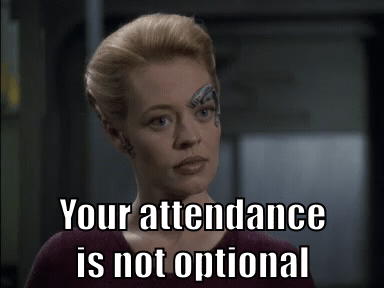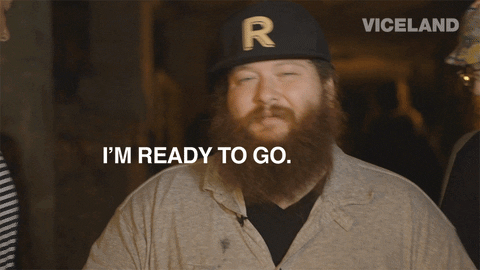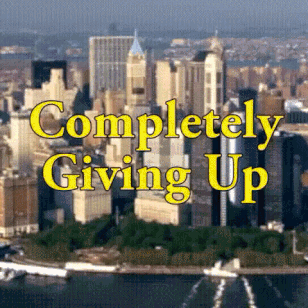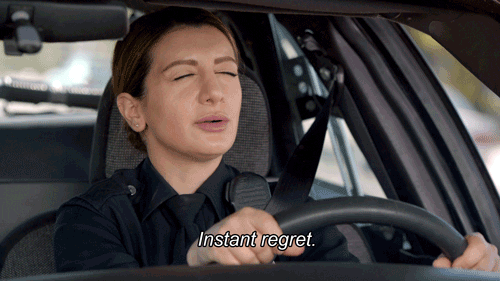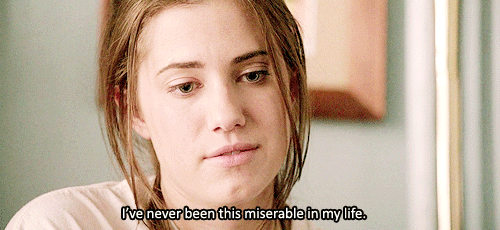I’ve never once been “brutal” with a manuscript I’ve edited. I don’t feel that I have the right to. As a semi-pro editor, I’ve never once felt a kinship with Mastodon or Mengele. I always saw myself more as a teacher, or more accurately, as an equal who's trying to help out. It’s a common belief that one’s manuscript is like a child, and I’d never spank someone else’s kid, so who am I to get hard on their writing? Yet, it seems almost like a formality to request brutality upon one’s writing when sending it out for critique. It’s an odd trend I’ve noticed, because I always thought the desired goal was to have no marks against you and a brief note in red at the bottom declaring it immaculate (much like the responses we aspire toward with academic essays). I’ve put some thought into it, the past few months, and have concocted two theories as to where the psychology of brutal editing stems from.

Since I like the structure of presenting a negative before showing how it’s also not entirely a bad thing, let’s examine the pessimistic angle first. (This is probably the viewpoint those of you who still use the word “sheeple” will agree with.) It’s a submission to authority that we’re trained to crave. Forfeiture of autonomy is a release from the stress of being held accountable for the final product. All through school, one is told “right” from “wrong” when it comes to creative writing (for those of us who have taken such classes). In the good cases, these are limited to grammatical errors and suggestion based on the professor’s experience and knowledge. In the worst of cases, it boils down to the enforcement of bias. Whether the relationship between professor and student is healthy or unhealthy, there is a mentor/apprentice dynamic established.
My theory is that some students become dependent on that Dumbledore figure (It took me five minutes to remember Dumbledore’s name. How long has it been since the last Harry Potter movie?) lurking over their shoulders, telling them when to add a comma or omit an apostrophe. In activities where students must judge each other’s work, they are told not to go “easy” on each other. Mercy is equated with weakness. This is not inherently a bad thing, but I believe it can mutate into unhealthy habits of self-flagellation. I think it can damage a writer’s confidence and lead them to relying too much on feedback rather than their own instincts as an artist. Are you an artist at all if you’re slave to the permission of some editor? What purpose does the text have if one is so insecure as to value it below someone else’s opinion?
My other angle on this is that some people work best under opposition. Think of it like exercising — resistance training. If someone is railing against your work and questioning every decision, one is put in a position where (s)he must validate and defend such decisions. Those that cannot be defended won’t make the mark, or must be strengthened. This is the opposite of the previous theory in that it is to establish an ego, rather than dismantle it. It’s a manner of saying “Try your best to put this down, but anything you question, I can answer for.” It's also a good way to prepare the text for the real world. If an editor/proofreader notices an error or finds something questionable, then there are going to be a lot more people who notice it once it's available to the public.
I don’t think that this mentality is as arrogant as the other manner is weak, in that there is a willingness to change the text. This is an attempt to reinforce the work, but not to allow someone else to commandeer it. Although I find this to be the healthier (and more respectable) approach, there is probably a balance between the two that can be found. Maybe this saying is just a saying, unrelated to either of these two theories. I just know that if I was dropping my hypothetical kid off at a babysitter’s house, I wouldn’t ask them to be “brutal” with them, nor would I wish for them to be coddled. There is constructive criticism, and there’s also being a d*ck. I’m not sure which this statement is inviting.


